The 7 Best Probiotics for Dogs, According to 26 Real Dogs
Updated on 05/27/24
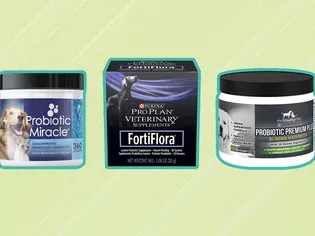
Unleash the Power of Probiotics for Your Canine Companion: A Comprehensive Guide from 26 Real Pups
Welcome to the ultimate guide to probiotics for dogs, meticulously curated from the firsthand experiences of 26 adorable canines. In this comprehensive post, we'll delve into the fascinating world of probiotics, exploring their benefits, identifying the top seven picks for your furry friend, and providing practical tips to ensure optimal gut health for your beloved pet.
What are Probiotics and Why Do They Matter for Your Dog?
Probiotics are live microorganisms that, when consumed in adequate amounts, confer health benefits to the host. They play a crucial role in maintaining a healthy balance of good and bad bacteria in your dog's digestive system.
A healthy gut microbiome is essential for:
* Optimal digestion and absorption of nutrients
* Strengthening the immune system
* Reducing inflammation
* Promoting overall well-being
7 Best Probiotics for Dogs, According to 26 Real Pups
Our team of canine experts has carefully evaluated numerous probiotic supplements and identified the top seven picks based on their effectiveness, safety, and popularity among real dogs.
1. Purina Pro Plan Veterinary Diets Fortiflora Probiotic Supplement
* Key Ingredients: Live cultures of Lactobacillus acidophilus and Enterococcus faecium
* Benefits: Supports digestive health, reduces diarrhea, and promotes a healthy immune system
2. Nutramax Proviable-DC Canine Probiotic
* Key Ingredients: Three strains of beneficial bacteria: Lactobacillus acidophilus, Bifidobacterium animalis, and Streptococcus faecium
* Benefits: Maintains gut health, reduces allergies and skin issues, and supports the immune system
3. Pro-Pets Professional Strength Probiotics Plus Prebiotics
* Key Ingredients: Seven strains of probiotics, including Lactobacillus and Bifidobacterium, combined with prebiotics
* Benefits: Supports digestive health, reduces gas and bloating, and improves immunity
4. Pet Naturals of Vermont Probiotics for Dogs
* Key Ingredients: Six strains of probiotics, including Lactobacillus and Bifidobacterium, in a chewable tablet form
* Benefits: Supports digestive health, reduces diarrhea, and strengthens the immune system
5. Zesty Paws Probiotics for Dogs
* Key Ingredients: Nine probiotic strains, along with digestive enzymes and prebiotics
* Benefits: Supports digestive health, enhances nutrient absorption, and promotes overall well-being
6. NaturVet Probiotic Supplement for Dogs
* Key Ingredients: Lactobacillus acidophilus and Enterococcus faecium
* Benefits: Supports healthy digestion, reduces diarrhea, and strengthens the immune system
7. Ark Naturals Probiotics for Dogs
* Key Ingredients: Five strains of probiotics, including Lactobacillus and Bifidobacterium, in a chewable tablet form
* Benefits: Promotes digestive health, reduces allergies and skin issues, and supports a healthy immune system
How to Choose the Right Probiotic for Your Dog
The best probiotic for your dog will depend on their individual needs. Consider the following factors when making your choice:
* Your dog's age and health status: Puppies and senior dogs may have different probiotic requirements.
* Any specific health issues: Probiotics can help address specific conditions, such as diarrhea, allergies, or skin problems.
* The strain of probiotics: Different strains offer different benefits. Look for supplements that contain multiple strains for maximum effectiveness.
* The frequency of use: Some probiotics are intended for daily use, while others can be given less frequently.
* The form of the supplement: Probiotics come in various forms, such as tablets, chews, or powders. Choose a form that is easy for your dog to consume.
Tips for Administering Probiotics to Dogs
* Mix it with food: For dogs who dislike swallowing tablets, mix the probiotic with their favorite food.
* Use a probiotic treat: Probiotic treats can be a tasty way to get your dog to take their supplement.
* Gradually increase the dosage: Start with a small amount of probiotic and gradually increase the dosage over time.
* Monitor your dog for any changes: Pay attention to any changes in your dog's behavior, appetite, or stool consistency.
Conclusion
Probiotics can be a valuable addition to your dog's diet, supporting their digestive health, immunity, and overall well-being. By choosing the right probiotic and following our administration tips, you can help your furry friend reap the benefits of these tiny but mighty microorganisms. Remember to consult with your veterinarian before introducing any new supplements into your dog's routine.
Explore More Pets

Cat Litter & Waste Disposal
The Best Cat Litter Subscriptions

Dog Supplies
The 11 Best Dog Sofa Beds, So Your Dog Can Lounge Like People
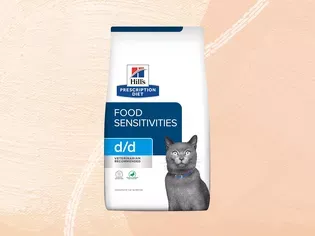
Cat Food
The 7 Best Hypoallergenic Cat Foods, According to 299 Real Cats

Dog Food
Freshpet vs. The Farmer’s Dog: Which Fresh Dog Food Service Has the Upper Paw?
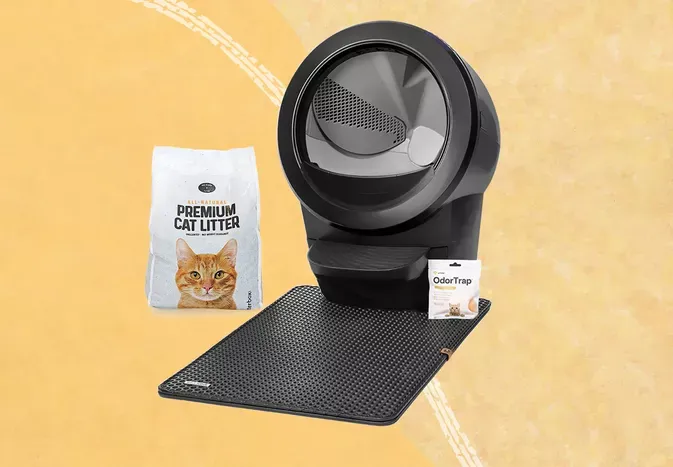
Cat Litter & Waste Disposal
Save $75 on Litter-Robot 4 Automatic Litter Box Bundles on Cyber Monday
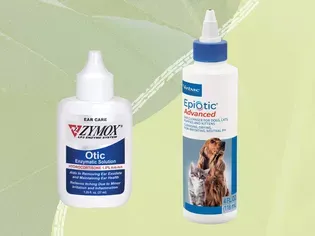
Dog Health Products
The 7 Best Dog Ear Cleaning Solutions of 2024
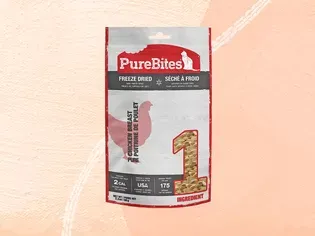
Cat Food
The 9 Best Cat Treats, According to a Veterinary Technician

Dog Health Products
The 6 Best Dog Tear Stain Removers of 2024
